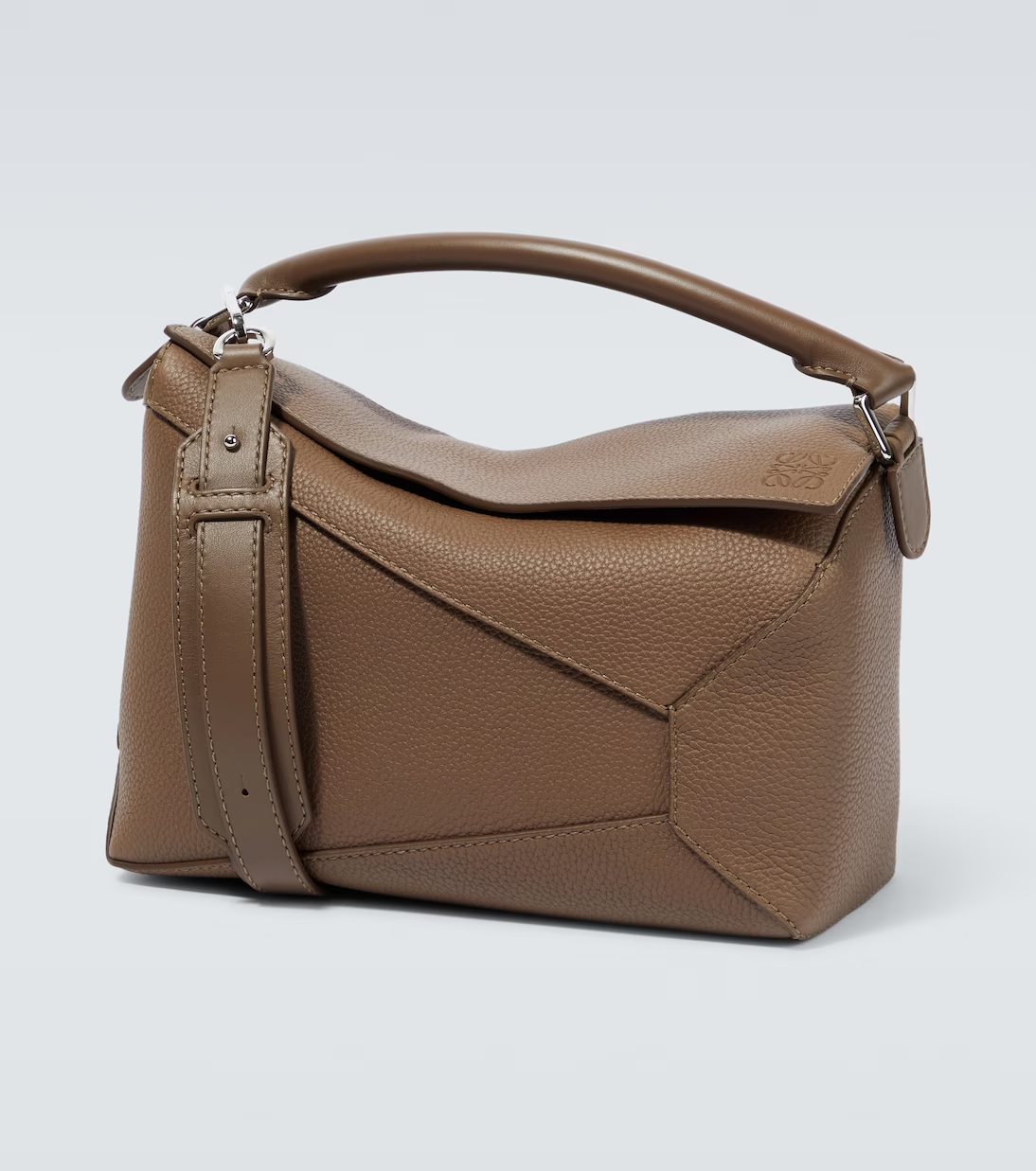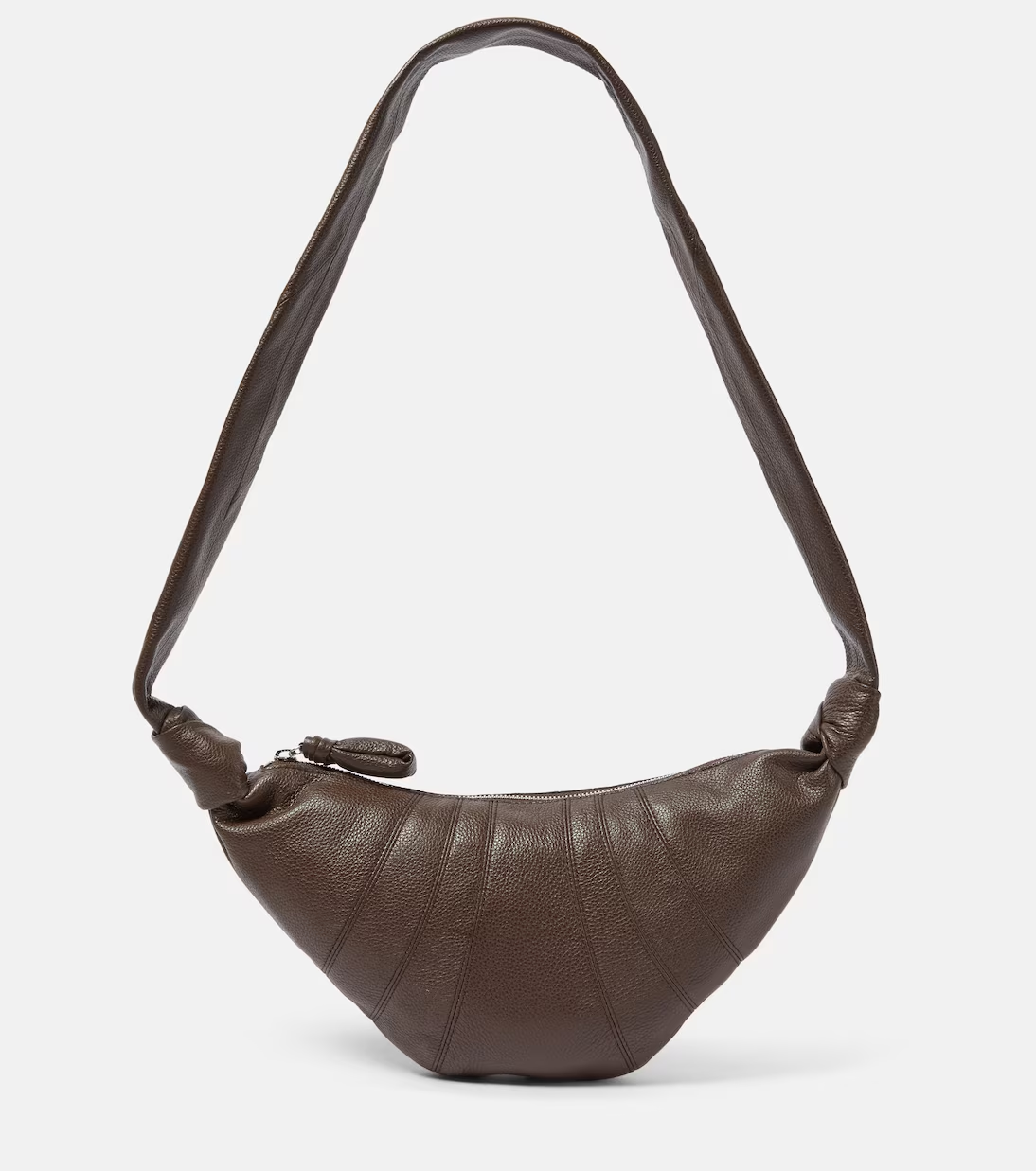When you think of luxury brands, what comes to mind? Perhaps it’s the iconic logos of Louis Vuitton or Chanel, or the flashy advertisements of Gucci and Prada. But a new trend has emerged in the luxury fashion industry in recent years – the rise of ‘no logo’ luxury brands.
These brands, also known as minimalist or quiet luxury brands, have gained popularity for their understated designs and lack of visible branding. In this article, we’ll explore the concept of ‘no logo’ luxury and take a closer look at some of the most successful brands in this category.
What is ‘No Logo’ Luxury?
The Rise of Minimalism in Luxury Fashion

In the past, luxury fashion was about flaunting logos and brand names. The more prominent the logo, the more prestigious the item was considered to be. However, in recent years, there has been a shift towards minimalism in the luxury fashion industry.
This trend can be attributed to a few factors. First, consumers are becoming more conscious of their purchases and are looking for more subtle ways to display their wealth. Second, there has been a rise in the popularity of streetwear and athleisure, which often feature minimal branding. Finally, the rise of social media has led to a desire for unique and exclusive items rather than mass-produced logo-heavy pieces.
What Defines a ‘No Logo’ Luxury Brand?
So, what exactly makes a brand a ‘no logo’ luxury brand? While there is no strict definition, these brands typically have a few key characteristics:
- Minimalist designs: ‘No logo’ luxury brands often feature clean, simple designs with little to no visible branding.
- High-quality materials: These brands prioritize quality over branding, using luxurious materials and expert craftsmanship.
- Understated branding: If branding is present at all, it is often subtle and discreet, such as a small logo on the inside of a garment.
- Exclusive and limited production: Many ‘no logo’ luxury brands produce their items in limited quantities, making them more exclusive and desirable.
Now, let’s look at some of the industry’s most successful ‘no logo’ luxury brands.
The Most Successful ‘No Logo’ Luxury Brands
Acne Studios
Acne Studios, a Stockholm-based luxury fashion house, is renowned for its multidisciplinary approach to design, offering an extensive range of men’s and women’s ready-to-wear fashion, footwear, denim, and accessories. Founded in 1996 by Jonny Johansson, the brand initially emerged from a creative collective named ACNE, which stood for Ambition to Create Novel Expressions.
Acne Studios distinguishes itself through Jonny Johansson’s signature design philosophy, which emphasizes juxtaposition, meticulous attention to detail, tailoring, and the eclectic use of materials and custom-developed fabrics.
The Row
Founded by Mary-Kate and Ashley Olsen in 2006, The Row has become one of the industry’s most successful ‘no logo’ luxury brands. The brand is known for its minimalist designs and high-quality materials, focusing on expert tailoring and craftsmanship.
The Row’s pieces are often understated and timeless, making them a favorite among celebrities and fashion insiders. The brand has also expanded into accessories, including handbags and shoes, further solidifying its place in the luxury market.
Bottega Veneta
Bottega Veneta has led the ‘no logo’ luxury trend since its inception in 1966. The brand is known for its signature intrecciato woven leather, which has become synonymous with luxury and exclusivity.
Under Daniel Lee’s creative direction, Bottega Veneta has seen a resurgence in popularity in recent years. The brand’s minimalist designs and focus on quality have made it a favorite among fashion-forward consumers.
LOEWE

Celine
Celine, under the creative direction of Phoebe Philo, was one of the first luxury brands to embrace the ‘no logo’ trend. Philo’s minimalist designs and focus on quality and craftsmanship helped to redefine the brand and make it a favorite among fashion insiders.
While Celine has recently undergone a change in creative direction, the brand’s commitment to understated luxury remains. Its pieces are still highly coveted and a staple in the wardrobes of fashion-conscious consumers.
Brunello Cucinelli
Brunello Cucinelli, established in 1978 in Solomeo, Italy, epitomizes timeless luxury with its focus on Italian craftsmanship and artisanal excellence. The brand is renowned for its use of premium materials such as cashmere, silk, and linen, sourced from responsible and ethical suppliers.
Lemaire
Founded by Christophe Lemaire and Sarah-Linh Tran in 1991, Lemaire is a French brand known for its minimalist designs and high-quality materials. The brand’s pieces are often described as timeless and elegant, focusing on expert tailoring and attention to detail.
Lemaire has gained a cult following among fashion enthusiasts, with its pieces often selling out quickly. The brand’s commitment to understated luxury has solidified its place in the ‘no logo’ luxury market.
Why Are ‘No Logo’ Luxury Brands Successful?
Exclusivity and Exclusivity
View this post on Instagram
One of the main reasons for the success of ‘no logo’ luxury brands is their exclusivity. By producing limited quantities of their items, these brands create a sense of scarcity and desirability among consumers. This exclusivity also allows them to maintain high price points, making their pieces even more desirable to those seeking luxury items.
Quality and Craftsmanship
Another factor that sets ‘no logo’ luxury brands apart is their focus on quality and craftsmanship. These brands prioritize using the best materials and expert techniques to create their pieces, rather than relying on flashy logos to sell their products. Consumers seeking luxury items highly value this commitment to quality and attention to detail.
Timelessness and Versatility
‘No logo’ luxury brands often produce timeless and versatile pieces, making them a smart investment for consumers. These pieces can be worn for years to come, rather than being tied to a specific trend or season. This timelessness also adds to the brand’s exclusivity, as their pieces are not easily replicated or outdated.
Conclusion
The rise of ‘no logo’ luxury brands has brought a new level of sophistication and exclusivity to the fashion industry. These brands have proven that luxury doesn’t have to be flashy or overt, and that quality and craftsmanship are more important than visible branding. As the trend continues to gain popularity, we can expect to see more ‘no logo’ luxury brands emerge and thrive in the industry.






















